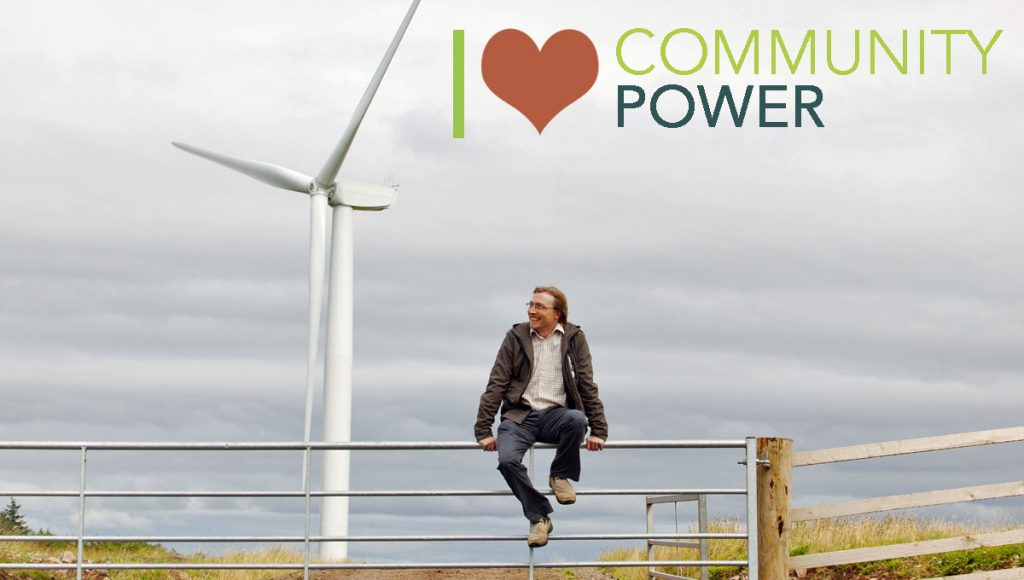All across Europe a patchwork of community and citizen run renewable energy projects have sprung up, putting people at the heart of the renewable energy production in many parts of the continent. These projects are as diverse as the communities themselves and they range from large wind developments in Denmark to solar arrays on a university roof in Spain.
However, this growing community energy movement is endangered by guidelines that the European Commission has proposed for member states, on how they support renewable projects. Today is the end of the public consultation on changes to these guidelines. The current proposal places restrictions on the type and size of renewables that can be supported, taking these decisions out of the hands of national governments.
We are calling on groups and communities involved in the community energy movement to show their love for community power. We want to spread the message that “We love Community Power”.
Community power means community or citizen engagement in the running of renewable energy projects, with benefits to flowing to the local community or to society in general. One of the biggest benefits of the community-owned energy is the positive impact on public acceptance of renewable energy. We urgently need to shift our systems of energy production away from fossil fuels and towards a green energy future, and we need citizens across the continent to be supportive and engaged.
Public support for renewables increases when people own or benefit from a project in their community. Other benefits include the potential to mobilise finance for the transition to renewables, reductions in fuel poverty and stronger more resilient communities.
The current proposals offer direct support only to very small projects or to very immature technologies – this means solar, wind, and any project over one megawatt must enter a bidding process to receive support. This effectively penalises wind, solar and larger renewables, and ignores the huge state-support given to ‘mature’ technology like nuclear and many other dirty energies.
When a community makes a decision about the kind of technology to invest in, it should not be prevented from choosing proven and successful renewables. Community energy projects are mostly run by volunteers who have neither the expertise nor time to engage in lengthy bidding processes. The current proposals benefit big energy companies who can shoulder the administrative burden, and undermine the entire community energy movement.
The energy future we want to see is clean, green and puts people at the heart. This proposal poses a threat to community involvement in renewables, and threatens the energy transition that we need to prevent climate change. Help spread our message: “We love Community Power”.






